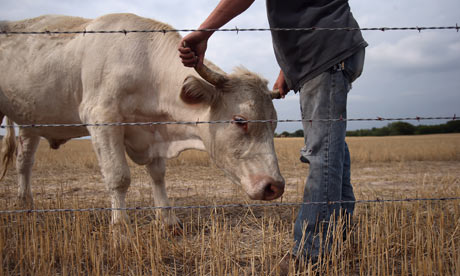When
an angry Enrico Mattei coined the phrase “the seven sisters” to
describe the Anglo-Saxon companies that controlled the Middle East’s oil
after the second world war, the founder of Italy’s modern energy
industry could not have imagined the profound shift in power that would
occur barely half a century later.
As oil prices have trebled over the past four years, a new group of
oil and gas companies has risen to prominence. They have consolidated
their power as aggressive resource holders and seekers and pushed the
world’s biggest listed energy groups, which emerged out of the original
seven sisters – ExxonMobil and Chevron of the US and Europe’s BP and
Royal Dutch Shell – on to the sidelines and into an existential crisis
The
“new seven sisters”, or the most influential energy companies from
countries outside the Organisation for Economic Co-operation and
Development, have been identified by the Financial Times in consultation
with numerous industry executives. They are Saudi Aramco, Russia’s
Gazprom, CNPC of China, NIOC
of Iran, Venezuela’s PDVSA, Brazil’s Petrobras and Petronas of Malaysia.
Overwhelmingly state-owned, they control almost one-third of the
world’s oil and gas production and more than one-third of its total oil
and gas reserves. In contrast, the old seven sisters – which shrank to
four in the industry consolidation of the 1990s – produce about 10 per
cent of theworld’s
oil and gas and hold just 3 per cent of reserves. Even so, their
integrated status – which means they sell not only oil and gas, but also
gasoline, diesel and petrochemicals – push their revenues notably
higher than those of the newcomers
Robin West, chairman of PFC Energy, an industry consultancy, says:
“The reason the original seven sisters were so important was that they
were the rule makers; they controlled the industry and the markets. Now,
these new seven sisters are the rule makers and the international oil
companies are the rule takers.”
The International Energy Agency, the developed world’s sectoral
watchdog, calculates that 90 per cent of new supplies will come from
developing countries in the next 40 years. That marks a big shift from
the past 30 years, when 40 per cent of new production came from
industrialised nations, most of it controlled by listed western energy
groups, noted a report published last week by Rice University’s James A.
Baker III Institute of Public Policy.\



